Sociologist Michael Carolan offers an intriguing account of what he has learned about empathy from his research on the US food system. His studies of food-stamp recipients, low-wage agricultural laborers, commercial farmers and game hunters reveal how people can come to understand those who hold diametrically opposed views and beliefs. This timely book is a quick read, even perhaps too quick; it contains fascinating points you wish Carolan had spent a little more time explaining. Still, any American concerned about the present state of US sociopolitical discourse will appreciate this thought-provoking text.
Empathy isn’t just about finding commonalities; it’s also about recognizing differences.
The traditional definition of empathy involves understanding the “other.” It is a concept that traces back to ancient times. Today, empathy is often positioned as a way for privileged people to understand the less fortunate. However, empathy is not a form of tourism into other people’s experiences; nor is it about “mastering” the other or erasing differences in favor of finding commonalities. In fact, because their own experiences affect people so deeply, many social scientists believe it is impossible to ever fully “walk in another person’s shoes.” Empathy is also more than “bothsidesism,” which, at best, is naive and at worst, an argument some deliberately invoke to obscure truly unacceptable behavior.
Empathy is about truly appreciating differences and understanding them in their context, which includes structures and relationships at the cultural, political, historical and geographical levels. To be empathetic, you must not fear differences but rather recognize that they are valuable and productive...
Michael Carolan is a professor of sociology at Colorado State University, where he co-founded the Food Systems Institute for Research, Engagement and Learning. He is the author of several books, including The Real Cost of Cheap Food.










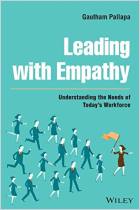
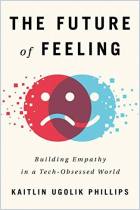
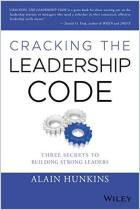
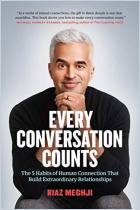
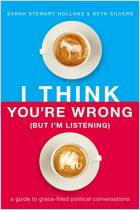
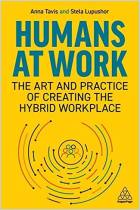
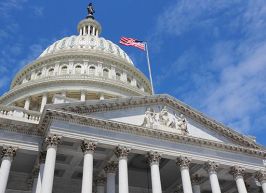



Comment on this summary or Diskussion beginnen